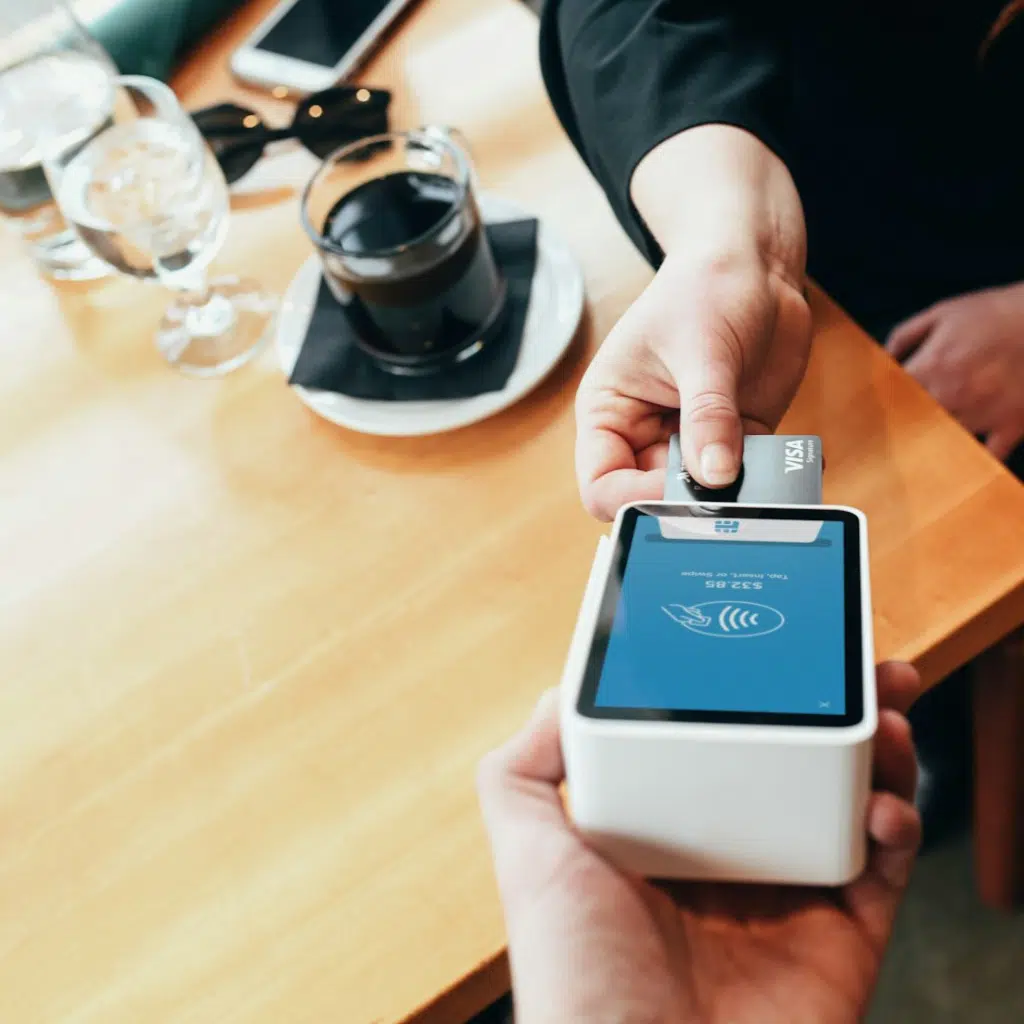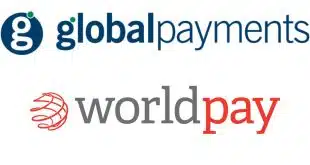U.S. District Court Judge Virginia Kendell extended the injunction against Illinois’s pending interchange law late Thursday to include more financial institutions but stopped short of providing blanket relief from the law for all financial institutions and the card networks.
Kendall, a judge in the Northern District of Illinois, ruled that financial institutions chartered outside Illinois that do business within the state do not have to comply with the Illinois Interchange Fee Prohibition Act (IFPA). The judge, however, did not include Illinois chartered financial institutions, credit unions, federally chartered credit unions, and the card networks in her ruling.
In December, Kendall issued a temporary injunction sparing financial institutions regulated by the National Bank Act and Homeowners Credit Loan Act from complying with the law.

At the time, opponents of the Illinois law immediately petitioned the judge to include card issuers with Illinois state banking charters, the Visa and Mastercard networks, and other entities likely to be adversely affected by the IFPA in the injunction. A hearing on that motion was held last month.
Kendall’s latest ruling comes a little more than a week after a bill was introduced in the Illinois House of Representatives seeking to repeal the IFPA.
The Illinois Retail Merchants Association, which strongly supports the IFPA, applauded the ruling.
“This ruling is a positive step forward, ensuring credit card companies and processors that unilaterally dictate swipe fees must comply with this law,” Rob Karr, president and chief executive of the Illinois Retail Merchants Association said in a statement. “By limiting swipe fees that can be charged on the tax and tip portion of transactions, Illinois will provide real relief to consumers and businesses who have long suffered under the opaque swipe fee payment structure.”
Karr added that proponents of the law are “standing up to swipe fee greed that’s driving up prices and making it harder for families and businesses to make ends meet.”
While opponents of the IFPA welcomed news of more financial institutions being covered by the injunction, they add it muddies the waters by allowing an interchange exception for a single state law in what is a national payments system.
“This decision further complicates a law that we believe to be highly unworkable from an operational standpoint,” Ashley Sharp, senior vice president, state advocacy and legislative counsel for Illinois Credit Union League says by email.
Sharps adds that the complexity of the electronic payments system makes it “critical that all financial institutions and networks involved in an electronic transaction are subject to the same rules as they work toward the common goals of safe and efficient card processing.”
Since its passage last June, the IFPA has garnered national attention as Illinois is the only state to have passed a law regulating interchange.
“It is impossible to look at this law and walk away with any other conclusion than this is utter chaos for Illinois’s small businesses, consumers and community financial institutions,” the Electronic Payments Coalition says by email. “It is simply unworkable and, as the [Office of the Comptroller of the Currency] noted in its brief against the law, it could create a disruptive, fragmented payment system.”
The IFPA, scheduled to go into effect July 1, requires merchants to pay interchange on the pre-tax amount of a purchase and tips. In return, the state will cap what merchants earn for collecting sales tax on its behalf at $1,000 per month. Prior, the state paid merchants 1.75% of the sales tax collected per month.
At least 12 states are reportedly preparing to introduce similar legislation, while lawmakers in several more states are rumored to be considering similar bills.
Opponents of the IFPA say they plan to petition the court to extend relief from the law to all financial institutions and other entities that may be adversely affected by the IFPA.
“Co-plaintiffs will be carefully reviewing the ruling with regard to credit unions to consider next steps,” The Illinois Bankers Association and the Illinois Credit Union League said in a joint statement by email. “Today’s ruling illustrates the fundamental flaws of this misguided state law that will inflict chaos on all participants in the Illinois payments system and the customers they serve. We will continue our efforts to ensure that all consumers, businesses and financial institutions are spared the mayhem the IFPA will trigger.”
The next hearing on the IFPA is scheduled for March 6 in Chicago.





